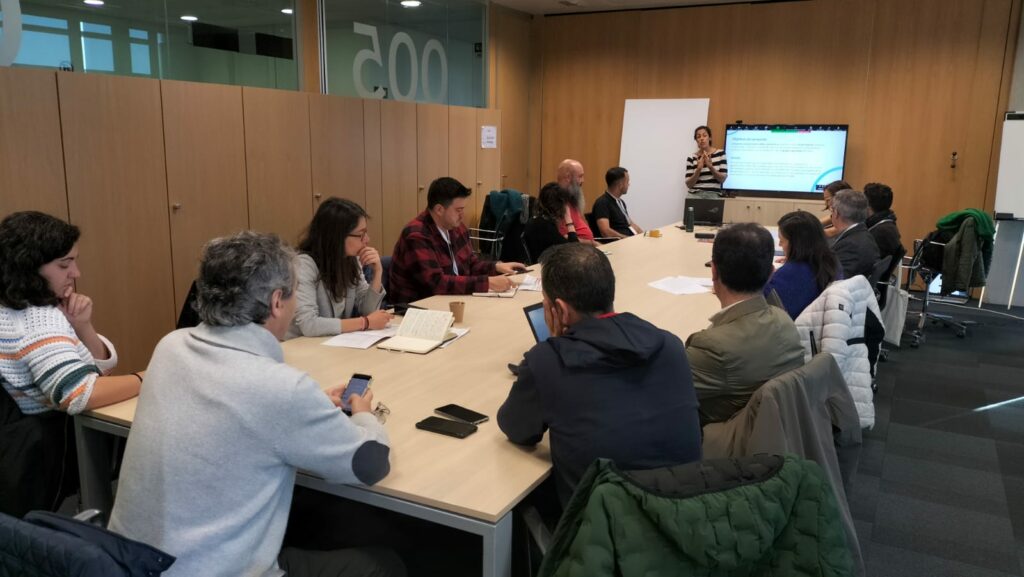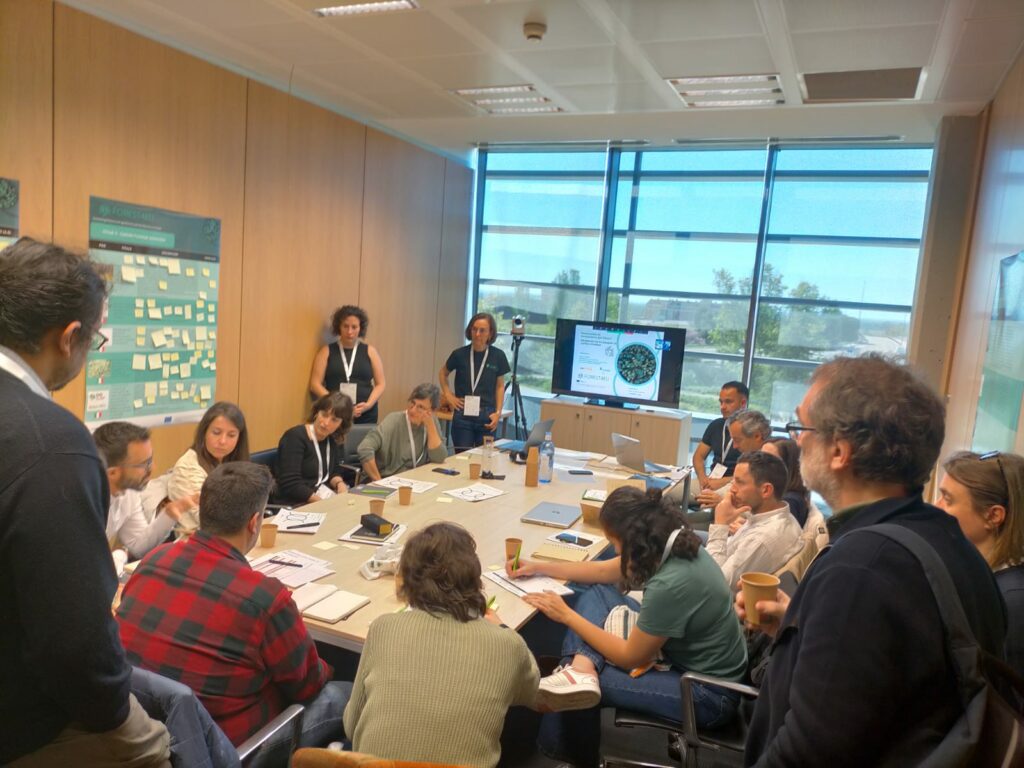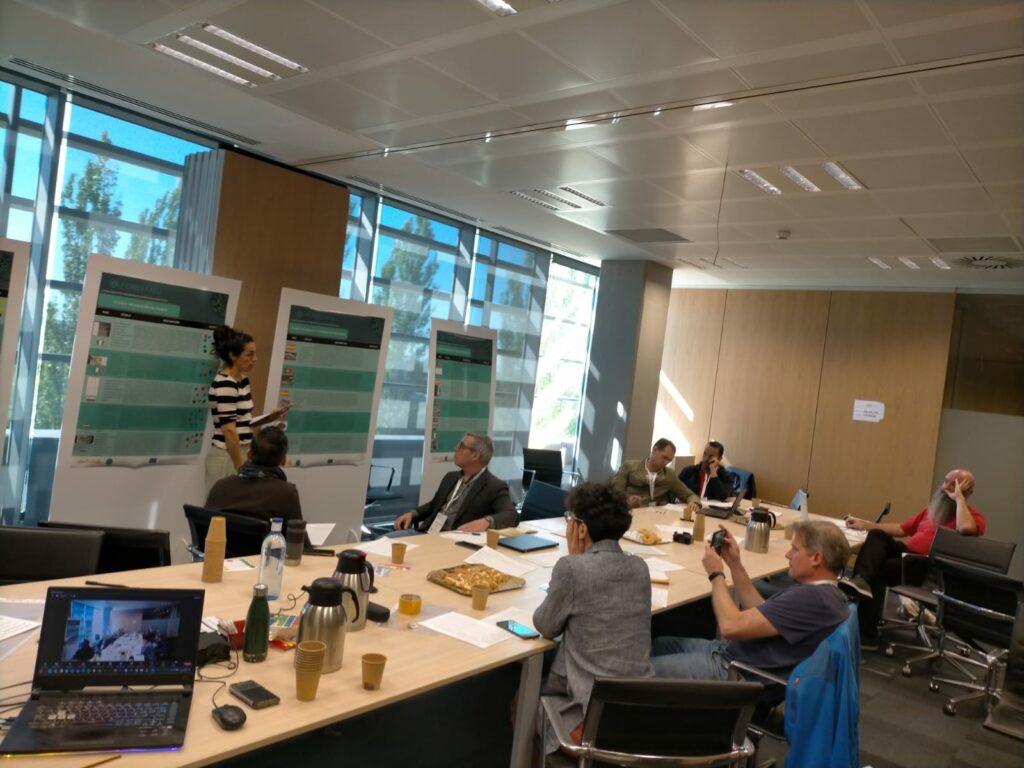On April 19th took place the Spanish National Workshop of the FOREST4EU project organized by the partners CESEFOR and BOSCAT at the business solutions center of the Junta de Castilla y León located in Valladolid.

This workshop was framed in the celebration of the INNOVAForONE final conference that took place in Valladolid on April 18th and 19th. This event brought together more than 120 participants from 12 countries and aimed to share knowledge, best practices and transfer the innovations developed or collected by projects and networks with administrations, companies and forest owners.

This workshop was the third iterative step in the process of prioritization of 175 innovations developed by different operational groups across Europe. These innovations have followed a refinement process to select the most relevant ones, first at the European level and then at the national level, in 9 project partner countries. This workshop sought to share with participant stakeholders the 10 innovations identified as most relevant within the thematic blocks (wood mobilization, adaptation to climate change, sustainable forest management, and non-wood forest products). A total of 53 participants between face-to-face and online formats participated in the workshop and the results were very promising as they reflected a wide diversity of assessments and opinions. The workshop featured the presence of representatives of the administration, forest enterprises, consulting, forest owners associations, universities, and technology centers, spread over 10 autonomous communities in Spain.

Five innovations from each thematic block, a total of 20, were chosen, and the best formats and channels to disseminate them were identified and selected. Also, during the meeting the operational groups of greatest interest for future study visits were selected. Based on the results of this and the other workshops the project will create capacity-building materials, which be disseminated across different European countries boosting the impacts of the selected innovations. The dissemination and knowledge transfer process seeks to increase the number of potential users of these innovations, provide training for their implementation, foster their adaptation to the local needs and conditions, expand and enhance the impacts of these operational groups, and contribute to the overall sustainable management of European forests.
